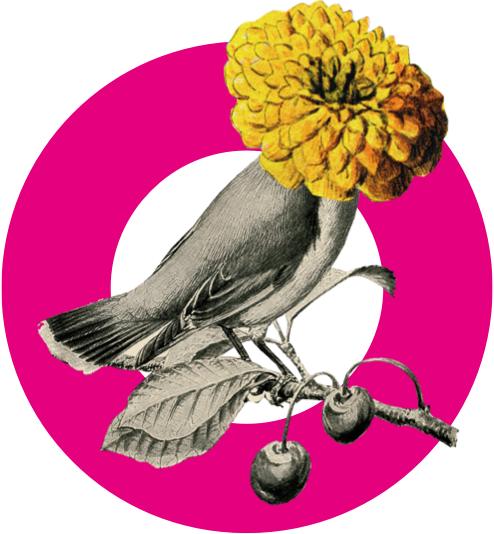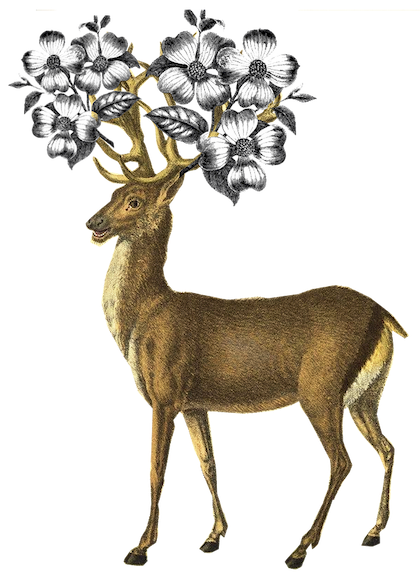
Orfeo & Majnun: The Production
The narrator comes onto the stage and calls two girls: Leila and Eurydice. They in turn, summon their beloveds: Orfeo and Qays (later called Majnun – the mad). This is how Orfeo & Majnun begins: the stage is set for a tale of love that is both full of devotion and also tragic, leading the heroes to the edge of life and also to the edge of madness. Two myths of two great cultures, a universal story taking place in different settings and societies: nature sharing the feelings of our heroes and accompanying their sufferings.
The story of Orfeo and Eurydice is thousands of years old. Together with the other Greek myths, it creates the foundations of European culture, becoming also the object of countless later interpretations and rearrangements in various art forms, from the beaux arts to theatre and opera. In the world of Islam a similar role is played by the tale of Majnun and Leila, written down for the first time late in the 12th century by Nizami, a Persian poet. The Orfeo & Majnun opera developed as part of an international project with a community dimension to show how many shared elements can be found in seemingly distant cultures, how much we share even today, and how we can (and should!) work to further reinforce these relations.
The productions staged in various European cities have attracted a selected group of musicians and soloists, and involved community ensembles and choirs composed of talented music fans. Evidence of the integrative character of Orfeo & Majnun is the fact that the opera’s sonosphere was created by three artists: Moneim Adwan, a French Palestinian composer, musician, and singer (author of the vocal parts sung in Arabic and their co-orchestrator), Howard Moody, who works freely in various styles ranging from jazz to classical, a composer, conductor and pianist (who contributed the choir parts of the opera), and Dick van der Harst, Belgian composer and musician (who was responsible for the “Western” music in the opera, but also worked together with Moneim Adwan on the orchestration of the “oriental” sections). The originator and author of the libretto is Austrian writer and director, Martina Winkel, who shared the artistic vision of the Orfeo & Majnun opera with Airan Berg, an Israeli-Austrian director specialising in large-scale participatory projects.
The composers on the music:
I grasped the opportunity to improvise together with Moneim Adwan in order to better understand the language of Arabic music. The piano and the oud create a thoroughly unexpected composition – just what we wanted! We played in the rehearsal hall of the Théâtre de la Monnaie for an hour, not talking at all, just leaving space for music, combining our musical styles and distinct traditions. (…) Later I carried that freedom into my compositions for the choir, hoping that various cultural realms, sounds palettes, and chord systems can (also) find a common language.
Howard Moody
When you are one of three composers, you have to try to find your way, respecting the music of the others. We want to achieve a beautiful and coherent result together that satisfies everyone. Yes, it can be hard, but it is not impossible! Happiness sometimes just flows down onto us, because we have found the right solution. I believe that the audience will not be able to tell where the Arabic melody finishes and the Western one starts. They will experience a feeling akin to standing before a picture painted by numerous hands.
Moneim Adwan
While we were working, the tasks were divided as follows: Howard Moody wrote the choral parts, Moneim Adwan composed Leila’s music – the “Arabic” part – and I imagined the music of Orfeo and Eurydice: the “Western” setting for the whole. I also took care of the final editing, and especially the arrangement (including additions and abbreviations) and orchestration (to allow the instrumentation to define the timbre of each fragment). (…) “Building bridges” between different styles of music: in a way this was the crux of my work.
Dick van der Harst
TICKETS
Tickets 25 PLN (first zone) and 15 PLN (second zone)
Tickets can be purchased through the portal www.eventim.pl and in 8 points of the InfoKraków city information network.
BUY TICKETSCONTACT
KBF
ul. Wygrana 2 | 30-311 Kraków
T: +48 12 354 25 00
E: poczta@kbf.krakow.pl
Office hours: 8am – 4pm
Anna Szczygieł
Contact for media
anna.szczygiel@kbf.krakow.pl
+ 48 515 137 984



